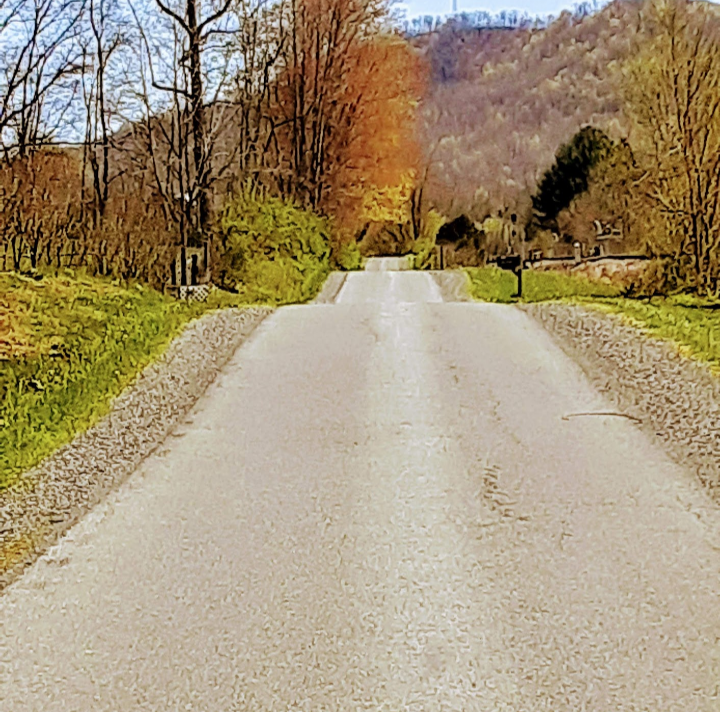Hiking is a fantastic way to connect with nature, stay active, and explore new landscapes. However, it’s vital to prioritize safety while enjoying the great outdoors. By following a few essential hiking safety tips, you can ensure a memorable and incident-free adventure. Whether you’re a beginner or an experienced hiker, these guidelines will help you stay safe and prepared on the trails.
Plan and Prepare: Before heading out on a hike, take the time to plan and prepare adequately. Preparation includes multiple steps. The list includes researching the trail you’ll be hiking, its difficulty level, distance, and terrain. Check the weather forecast and dress accordingly. Inform someone about your hiking plans, including your expected return time. Carry a map, compass, and a fully charged mobile phone for navigation and emergencies. The National Park Service recommends creating a trip plan to leave with a trusted individual, hiking with a companion and creating an emergency plan.
Choose the Right Gear: Investing in proper hiking gear is crucial for your safety and comfort. Wear sturdy, well-fitting hiking boots that provide ankle support and traction. Dress in layers to easily adapt to changing weather conditions. Carry a backpack with essentials such as a first aid kit, extra clothing, a headlamp, a whistle, a multi-tool, sunscreen, insect repellent, and plenty of water and snacks. Don’t forget to pack a lightweight emergency shelter, like a space blanket. The NPS suggests adding bug spray to your supplies. Overnight trips require additional equipment.
Stay Hydrated and Nourished: Proper hydration and nutrition are essential during a hike. Carry an adequate amount of water and drink regularly to prevent dehydration. Pack high-energy snacks like nuts, granola bars, and dried fruits to keep your energy levels up. Avoid relying on natural water sources unless you have a reliable water filtration system.
Know Your Limits: Be honest about your fitness level and choose a hike that matches your abilities. Start with shorter and easier trails if you’re a beginner. Gradually increase the difficulty level as you gain experience and confidence. Listen to your body and take breaks when needed. Pushing yourself beyond your limits can lead to exhaustion or injuries.
Stay on Marked Trails: Stick to marked trails and avoid taking shortcuts or venturing off the designated path. Straying from the trail increases the risk of getting lost or encountering hazardous terrain. Follow trail markers, signs, and maps to stay on the right track. If you’re unsure about the route, consult a reliable hiking guide or ask experienced hikers for advice.
Be Weather Aware: Weather conditions can change rapidly, especially in mountainous areas. Check the weather forecast before your hike and be prepared for sudden changes. Avoid hiking during severe weather conditions such as thunderstorms, heavy rain, or extreme heat. If you encounter bad weather during your hike, seek shelter and wait for conditions to improve before continuing.
Practice Leave No Trace Principles: Respect the environment and practice Leave No Trace principles. Pack out all your trash, including food wrappers and tissues. Avoid damaging vegetation or disturbing wildlife. Stay on designated trails to minimize your impact on the ecosystem. Leave nature as you found it, so future hikers can enjoy the same experience.
Hike with a Buddy: Whenever possible, hike with a companion or in a group. Having someone with you increases safety and provides support in case of emergencies. If hiking alone, inform someone about your plans and expected return time. Stay connected by periodically checking with the same person.
Hiking can be a rewarding and exhilarating experience, but safety should always be a top priority. By following these essential hiking safety tips, you can minimize risks and ensure a memorable adventure. Happy hiking!




